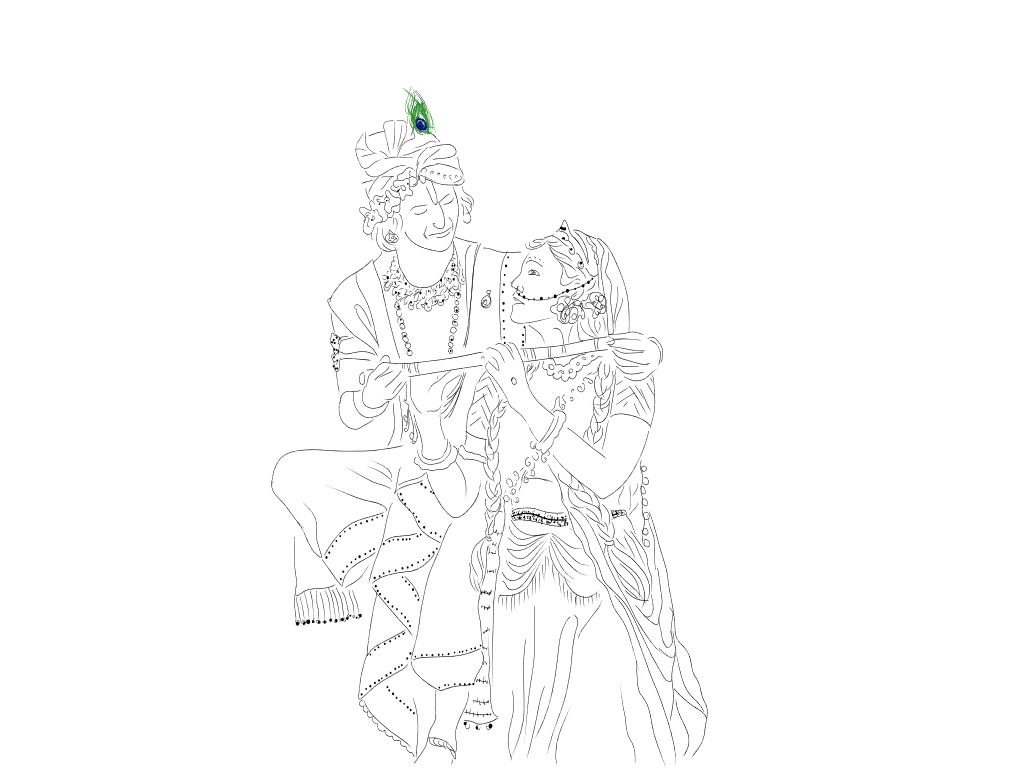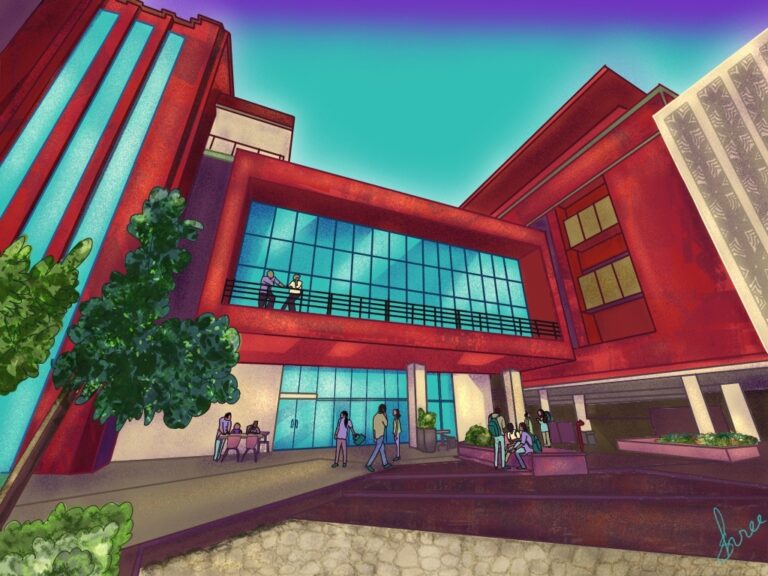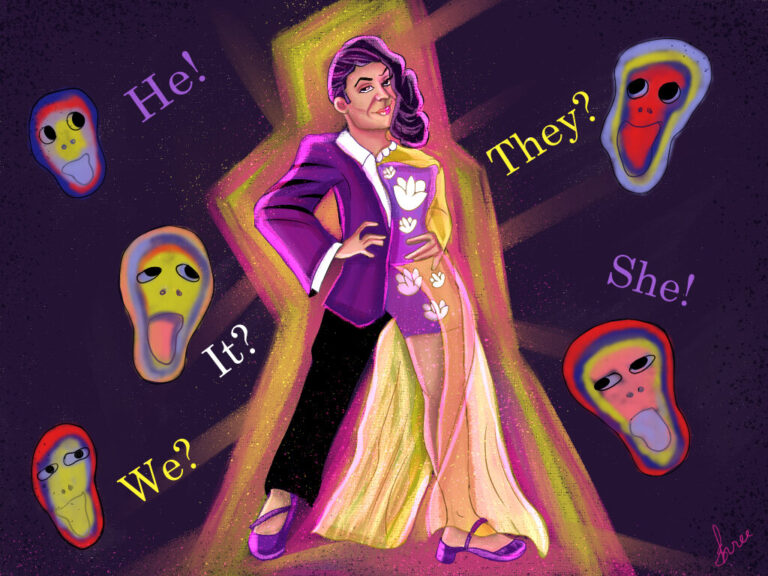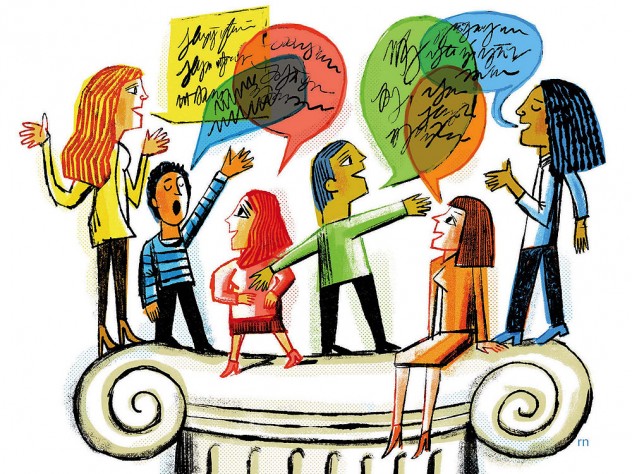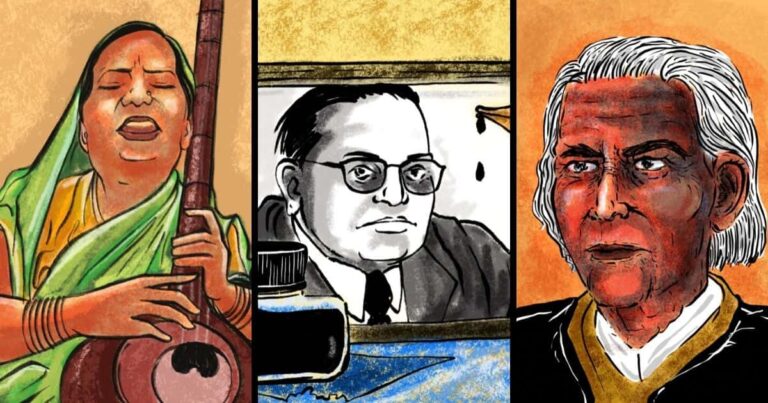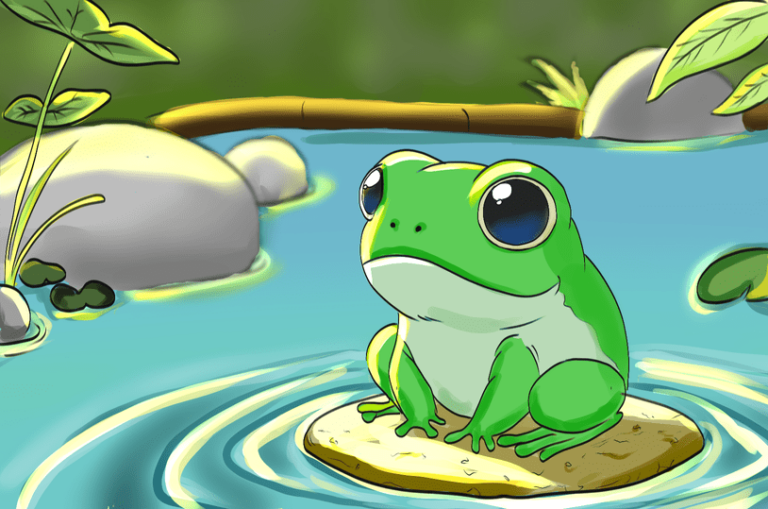Let’s know and owe our mythologies

“Myths operated in men’s mind without their being aware of the fact”
Lévi-Strauss
Mythology is often considered an art of storytelling. It refers to a set of legends, stories, beliefs which illustrate religious or cultural tradition. It has a distinct dimension for everyone. For a researcher, mythology is perceived as an academic discipline. To a common man, it is a reality which had unfolded itself generations ago. The cultural and religious landscape of civilizations are constructed around these mythologies. Wherein, the mythology has always been looked at from a position of awe and respect. Mythology, interestingly even has a geographical reach, wherein every region, village or country has carved its own distinct mythology which over a period of time has come to represent a region, community. Thus, we have the Greek, Celtic and Indian mythologies. At times these myths have themes, ideas which appear to be nearly universal and common to all people. Like the concept of good, evil is almost common through all mythologies across the world. Also, the concept of heaven, hell, god and demon are similar across all cultures. It might have distinct names, connotations but the underlying concepts are similar.
Types of Myths
To have a better understanding of mythologies, one can group them into distinct forms. Creation mythologies, is a branch of mythology which mainly focuses on stories narrating the emergence of the world. In Hinduism, there is no one myth of creation but periodic cycles of creations. According, to these myths the world has created by Brahma, who himself has originated from the navel of Viṣṇu.Thus, attributing godly intervention as a form creation of world.
There are some myths which strongly connect to the phenomenon of the afterlife. The Garuda Purana in India is one such book which discusses at length a graphic journey of souls in afterlife. It has even established that the notions like hell and heaven which are assigned to an individual according to his deeds. There are stringent punishments for those who sinned in the past, while those with better deeds are rewarded. The underworld also has a lord, Yama raj who rules in this reign. In the Greek mythology, we see a similar character of “Hades” who ruled the underworld.
The Hero Mythology is yet another variant of mythology. In this genre, a central character is given supreme and prime importance. Elaborate stories are carved around his character and achievements. In the Greek mythology, the character of Hercules is represented as having supreme power. In Indian context, Rama and Krishna are two of the most prominent deities which are worshiped as heroic figures. They are worshiped for their heroic behaviour and valour which they showed on the battlefield. Interestingly both of them are associated with two epics of Ramayana and Mahabharata. The characters have qualities like rightfulness, obedience, sense of duty and knowledge of what is the right path to be taken. They are the protector in the time of adversity and a leader for the masses who try hard to give us a sense of direction. In case of Krishna, it was the Pandava that gained what was rightfully theirs at the same time narrated the Bhagavad-Gita which has guided the whole world. Rama, is rightly known as the Maryada pursuhotam as he played the role of an ideal son, king, husband , brother all throughout his life. Obeying his elders and doing what was in line with dharma he laid the foundation of a welfare state. But, at the same time they too are depicted with some inherent flaws. The study of the various characters of Indian mythology is a further good study of human psychology. As each character has its own nature, have their own past. Most of their decisions and choices are guided by those actions. Further, each of them exhibits ambitions, these characters have taken birth for a purpose and their life has a predetermined goal. Thus, mythology is a construct in the study of human nature and action.
Religion occupies a predominant role in Indian society. The development of religion in India and the birth of the plethora of deities in our tradition is aided by mythologies. The Śaiva, Śakta, Vaiṣṇava Gaṇāpatya, Surya worship has given rise to many branches of worship and aided in the development of many deities. Further, there is a development of many Puranas, which has given an authentic identity to each of the deities. Today, many of the prominent places of worship have been crafted around these mythologies and have become prominent centres of devotion. Thus, mythologies have a far-reaching effect on our day-to-day life. Mythology today, to an extent, influences everything from our politics, religion and our popular culture.
Mythology and Popular Culture
Mythology as a genre is gaining much popularity among the youth. Many of the writers today are the ones who have learnt English as their second language. Most of them are comfortable in using the Indian idioms and using regional themes for their expression. The themes they choose to write are more closely associated with cultural ethos. People can instantly connect with these themes, are familiar with mythological characters and wouldn’t mind reading a bit more about them. It is due to these reasons that books focusing on mythologies have become an instant hit. Many of these books are even translated into regional languages. They are seeing a refreshing change today, when most of them are being rewritten, reinterpreted from different perspectives.
Few female writers have come in the forefront to study mythologies from a women’s perspective. They have even drawn comparative parallels between the life of a contemporary woman along with the one seen in mythology. The strong feminine character of the story is highlighted which for ages was overshadowed by strong male characters. There are many re-interpretations and re-imaginations of these stories. Some of the famous books are by authors like Chitra Banerjee Divakaruni’s “Palace of Illusion”, Kavita Kane “Sita’s Sister”, “Lanka’s Princess”. Through such attempts, newer characters are given attention, like Urmila, Draupadi, Sita who are being studied in detail. Devdutt Patnaik in his book “The Man who was a woman” talks about the life of Shikhan Dini infusing gender and sexuality. This has in a way helped us establish the antiquity of transgender in India. It has also helped us garner support for the community.
A pioneering work conducted in this tradition is by Irawati Karve. In her book “Yuganta”, she has conducted a study of each of the characters of Mahabharat individually, isolating them and studying their nature and innate qualities. It is after conducting a study of their nature, that we can understand the rationale behind some of their decisions and their interactions with fellow family members. In this way, mythologies can also help us understand more about human nature.
Mythology is a favourite subject even on the small screen where the T.V series like Ramayana, Mahabharat, Sri Krishna has a huge audience base. Most of the serials have had to be re-telecasted during the lockdown, to keep the crowds indoors and entertain people. The obsession with mythology continues till date when T.V serials and movies are continually being made on this subject. Mythological characters like Bheem (Choota Bheem), Ghotakacha, Arjun: The warrior prince, Sankatmochan Hanuman (T.V serial) have assumed a popular status. This phenomenon is signifying the tradition of hero creation in the society. Most of these characters earlier were part of a story and although they had an individual character, the unified and familial values were more emphasized. Early cinema in India was also largely influenced by myths. Films like “Raja Harischandra”, “Bhasamasur Mohini” were made during the initial phase. The maker often thought that it would be easier for the audience to connect with the movies, if they would enact stories which the masses already knew.
Thus, apart from religion the mythologies are today even kept alive through books, T.V shows and cartoons thus educating and creating interest in the minds of the people.
Future of Mythologies
Many people are coming forward to make studying mythology a lucrative career option. Mythologist is a new field of study which has gained major traction in the 21st century. This is an established branch of study in academics where people have spent a considerable portion of their life in studying and understanding the formation of myths. It is important for a reader to understand that mythology writing is not a one time process but is a constant, ongoing phenomenon. It is formed as a result of constant alteration, regeneration, change in a given version of the story. In this process, a sizable number of new features are added, while many more are even removed. Even now, as I write this article, some myths are being created in remote parts of India.
Image Credit: Flickr.com


